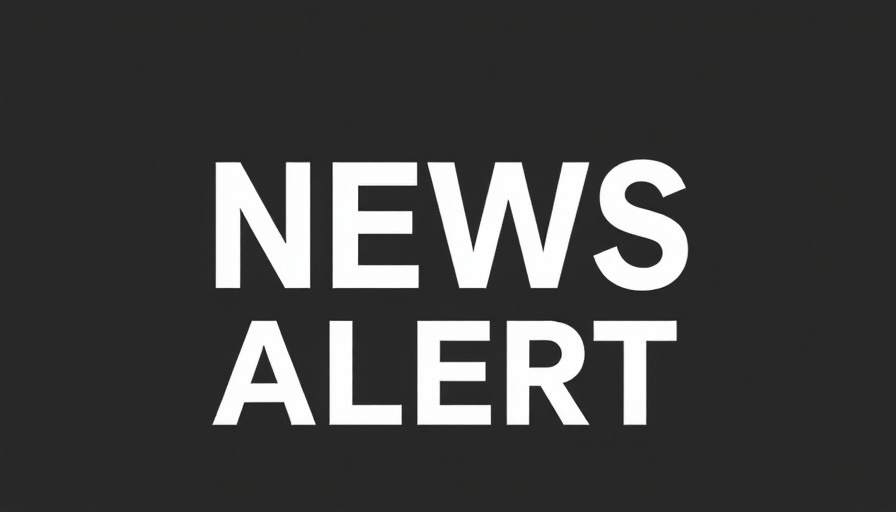
The Implications of Proposed Medicaid Spending Cuts
As proposed measures to cap federal Medicaid spending are debated, the potential consequences for millions of Americans loom large. Recent analysis suggests that capping per enrollee spending could perhaps save the federal government between $532 billion to nearly $1 trillion over ten years. This move, however, carries the significant risk of disenrolling as many as 15 million people from Medicaid by 2034, a disturbing prediction that raises questions about the future of health care for low-income populations.
State Decisions Matter: How Responses Could Vary
The operational flexibility of states will significantly dictate the fallout from these cuts. In scenarios where states choose to offset the federal reductions—maintaining their Medicaid allocations—it’s anticipated that they would face their own increased financial burdens. However, many states might pivot towards reducing their own spending and tightening eligibility criteria in response to decreased federal support, as highlighted in a recent analysis by the Kaiser Family Foundation (KFF).
A Broader Financial Impact on Health Care
It's essential to comprehend that cuts to Medicaid do not exist in isolation; they ripple through the broader health care system. The proposal to eliminate the enhanced federal matching rate could push total federal spending reductions up to $2.1 trillion and subsequently increase the number of uninsured individuals to 30 million. This shift raises not only ethical implications but also practical ones, particularly for senior citizens who depend on Medicaid for health services, long-term care, and even necessary medications.
Understanding the Human Aspect: Stories from the Community
Voices from focus groups reveal that Medicaid enrollees, even those who previously supported Trump, are apprehensive about the potential cuts. Many participants shared positive experiences with Medicaid, emphasizing how it has supported their health needs, often in tandem with support systems like family caregivers. These stories highlight the real human cost associated with budgetary decisions; when funding is cut, it is not merely numbers on a page, but lives affected.
The Interconnection of Medicaid and Medicare: A Community Concern
Moreover, the intersection of Medicaid with Medicare cannot be overlooked. Many Medicare beneficiaries rely on Medicaid for additional coverage like dental and vision care. Cuts to Medicaid funding may inadvertently undermine the support systems that many seniors very much rely on, indirectly threatening their access to care.
Ultimately, understanding these changes is crucial for those navigating their health coverage options, especially seniors. If you're uncertain whether your insurance covers the necessary services, it’s critical to seek answers. Not Sure If Your Insurance Covers Everything? Get The Answers You Need Today. Call 231-571-6100.
 Add Row
Add Row  Add
Add 


Write A Comment